car
Because we are humans we have created a room that will carry us across a distance. I begin in a car. A person maneuvers the room through the city of Providence carrying me, my bags, my clothes, and books. Left here, I say. The day is perfect for travel. We still talk this way although I will not set foot outside for the rest of the day. It remains important that the sky be clear as you move through it. Have fun, we each say, in all its iterations. We touch. When traveling movement becomes intentional. I move to get somewhere. We meet to say goodbye, to say, it will be some days before I see you again. On the train my back faces our destination. I do nothing but sit. If I were bigger, trees would be weeds, brush in the yard.
airport
Because I get off the train at the wrong terminal, because I am early, I don’t worry. I walk the length of the airport. I discover a church inside the airport. Here—not anywhere yet—is the place to bless yourself.
body
Beneath a disco ball in an airport in Texas, a waitress calls me sir and then becomes confused and then covers her face with a menu so she can resolve my gender with another employee. I am standing in front of her while she does this. I move on. The next bartender calls me Bud, eyes me. Dallas has made me male, though I still use the women’s room and am watched there too. This is how public spaces make assignments. In Texas in Providence in California in every place I am made to endure the resolution of confusion. The resolution is the long stare, the long question, the long apology, the long disgust, the long distrust, the long assertion, the long erase. I wait. I wait. I refuse to be resolvable. I wait. I wait for confusion to become a resting place for resolution to become a moving organism, an evolution foretold by my body.
plane
In the air is the sound of air—pressure against a frame. The veins of the earth are visible, and the craters of terrain. Some places look soft. If we fall from the sky let it be in the tilled dirt of a farm, the smooth give of a forest, the wash of a lake. All of my fear has left me. Even here where I don’t belong, where I rely on machines and tired strangers, on weather and the good will of travelers, where I move without moving high above the earth—even here I am untouched. How could this happen? In the sky you must feel everything at once and watch it leave you.
space
Above earth I do not belong to the earth. I belong to space. I belong to the plane to the plain. There are lines where water traveled once, or where the ground began to crack. There is nothing else. The desert doesn’t want you to live, but you will.
sound
In Joshua Tree, there is so much wind it sounds like water. I wake up and think of waves. The oasis of the desert. KG is measuring sunflower seeds, bagging them. The desert looks like itself—vast, wild. The houses are small. I have to walk through the bedroom to get to the bathroom. Fox looks at me, rolls over.
offering
When traveling, all experiences become gifts, something unexpected. I control nothing and so give myself to the desert, to the dog licking my coffee cup, to the food placed in front of me, to the doves in the rafters. I retrieve duct tape from a wheelbarrow. I toss wood to Fox, who is on the roof battling the wind. I am cleaned by someone else’s soap, the smells of my friends. A strong thumb presses into the lip of my shoulder blade, works away at a knot. I eat a bowl of seeds, let dust and sand blow over me. None of this belongs to me, I can feel that when I travel, will try to remember it when I return. I simply move in a direction, engage with what I find.
color
We collect juniper sap from the tree. We collect the skeletal cholla. Heat turns wood blue. There is a lot of blue in the desert, the sky practically reflects off the sand. The sun chars all the plants to silver. My hair and my eyes blend me into the ecosystem. I am sand. I am sky. My hand swings into a cactus. A row of spines line my finger like a fence. I pull my skin through their hooks one by one. I flatten oleander flowers in a book.
body
I am energized by this place and still must adhere to the limitations of my body. I still must sleep for a long time. I still must say, I can’t walk much more right now. It is still necessary to rest even when I’d rather not. KG and I, mirroring, outnumbering the well for once, try to place fatigue in the body, try to spell its definition. We are pulled like strings tied to our ribs threaded into the ground. It comes from deep inside. You are pulled, you sink. You hit a wall. The metaphors are imprecise. Language should be specific. Fox says, what do you want to do? There is no way to answer this question. We still must turn to need.
landscape
In the desert I am visited by benevolent ghosts. I watch baby doves learn to fly. Fox and I get matching mood rings. If I were to leave Providence, this is where I would go. This place used to be under water. The landscape betrays this—giant boulders gathered in piles like pebbles pushed by a hand. The rocks are so large that to be moved gravity must have suspended itself or have been forced to suspend. Only water could create the landscape of space. You feel it here: the rules of a city do not apply to anything you do. If you thought that it mattered what you did with your life you were mostly wrong. When the water runs out it’s just gone. When you say it’s good to meet you, you mean it. You say, I feel like I know you already, I have a lot of love for you already. Your body can’t live as long as you want it to, but it can live for a while. You let it.



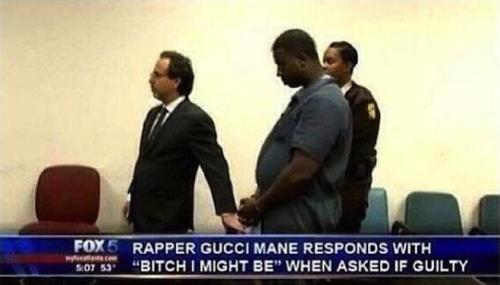
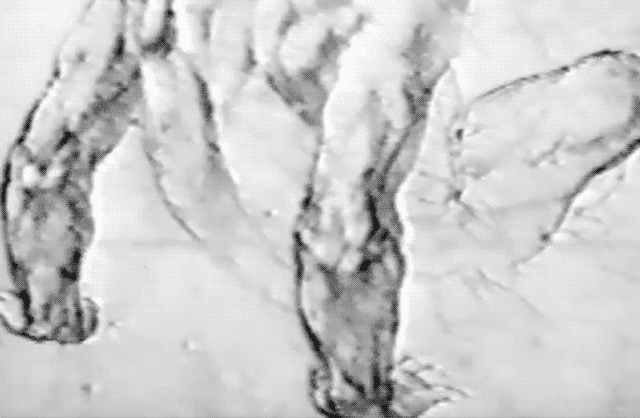









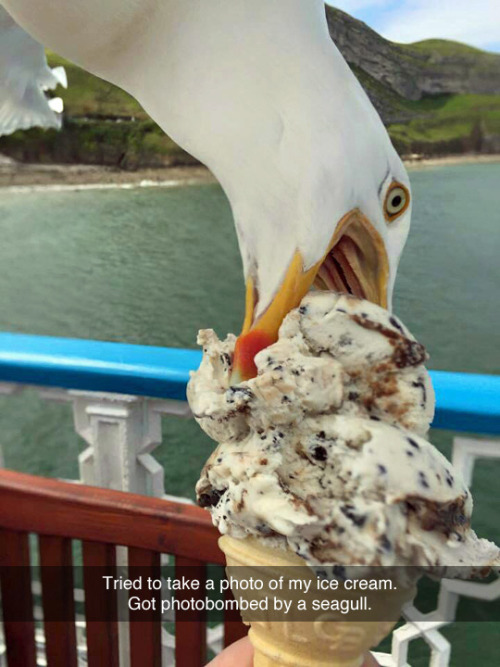
 I've got to be honest: the moment I saw the robot above straighten its torso like some sort of a human-arachnid hybrid, I felt a tinge of fear. Good thing NASA JPL designed it to help humans in times of need, eh? This is RoboSimian, one of the few no...
I've got to be honest: the moment I saw the robot above straighten its torso like some sort of a human-arachnid hybrid, I felt a tinge of fear. Good thing NASA JPL designed it to help humans in times of need, eh? This is RoboSimian, one of the few no...
 The California State Senate has passed the "Leno bill," which aims to protect residents' digital privacy. Officially called Senate Bill 178, it would require authorities to secure a warrant whenever they want to search phones, laptops or other device...
The California State Senate has passed the "Leno bill," which aims to protect residents' digital privacy. Officially called Senate Bill 178, it would require authorities to secure a warrant whenever they want to search phones, laptops or other device...
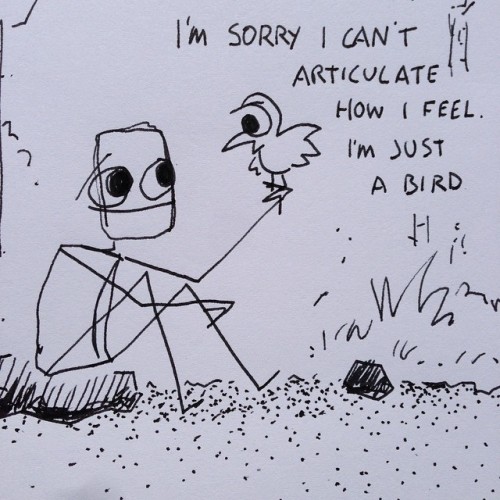

 For such a quiet tech show, this week's Computex in Taiwan may have been a watermark moment that will affect nearly every PC, phone and tablet you'll see in the next few years, if not decade. The new USB Type-C port may have debuted on flagship devic...
For such a quiet tech show, this week's Computex in Taiwan may have been a watermark moment that will affect nearly every PC, phone and tablet you'll see in the next few years, if not decade. The new USB Type-C port may have debuted on flagship devic...
 Thanks to an Associated Press report, we now know more about the FBI's fleet of small surveillance planes that are flying over US cities. It's no secret the aircraft have been used for years to aid the Bureau's efforts on the ground, but recent fligh...
Thanks to an Associated Press report, we now know more about the FBI's fleet of small surveillance planes that are flying over US cities. It's no secret the aircraft have been used for years to aid the Bureau's efforts on the ground, but recent fligh...
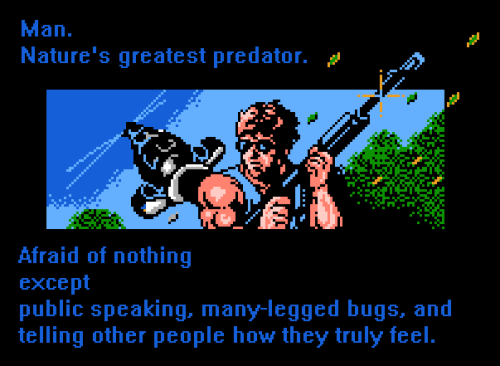

 Mere months after a series of red lights began flashing in Sony's IT department, a film covering the event has already been greenlit. The Hollywood Reporter believes that a documentary about the studio-toppling event is to be helmed by the creators o...
Mere months after a series of red lights began flashing in Sony's IT department, a film covering the event has already been greenlit. The Hollywood Reporter believes that a documentary about the studio-toppling event is to be helmed by the creators o...
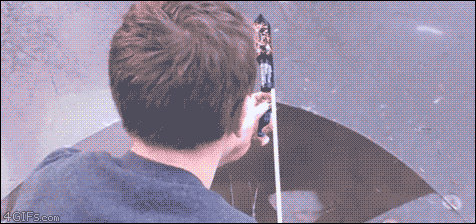
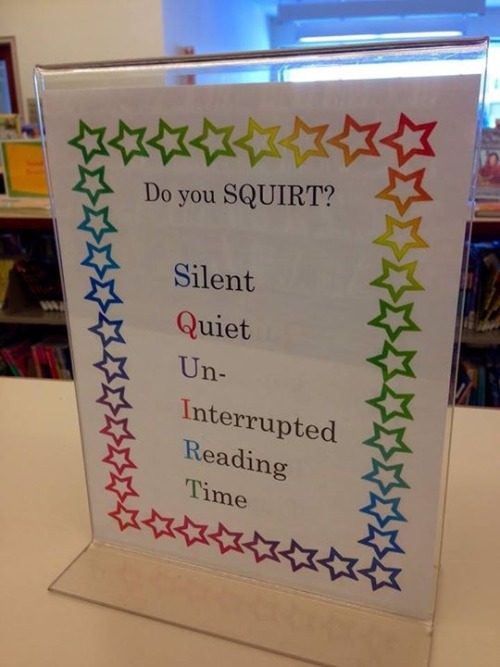
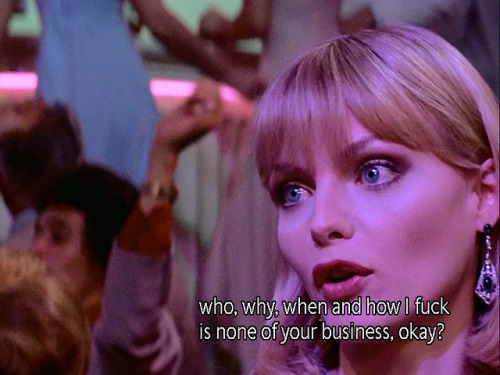
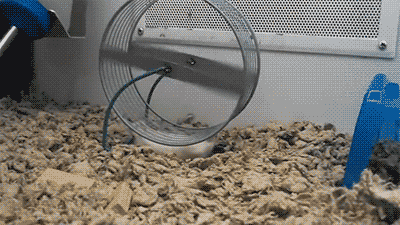
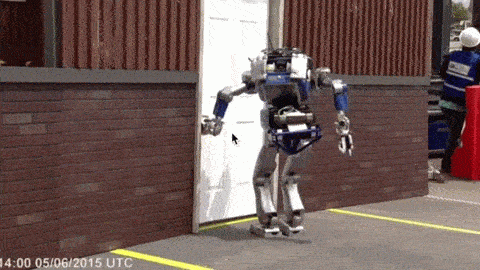 Today's action at the DARPA Robotics Challenge has been interesting, but if there's one takeaway so far it's this: the robot apocalypse is not here yet. If you've been warily looking on as robots run, jump, wield swords and even fold themselves up or...
Today's action at the DARPA Robotics Challenge has been interesting, but if there's one takeaway so far it's this: the robot apocalypse is not here yet. If you've been warily looking on as robots run, jump, wield swords and even fold themselves up or...

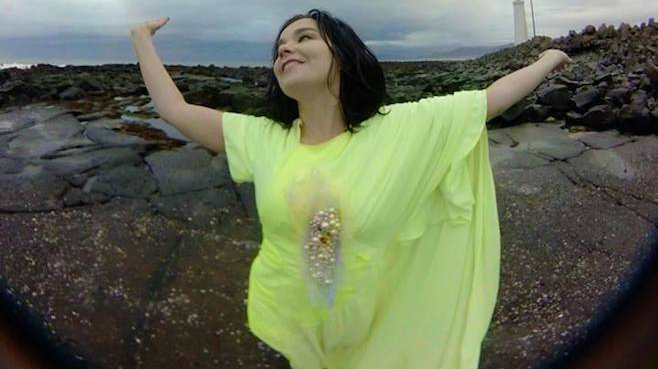 Y'all know Bjork. Besides being the sound that the Muppets' Swedish Chef makes, Bjork is also a super-talented Icelandic pop diva. She made a name for herself with off-the-wall outfits and over-the-top pageantry (looking at you, 1995's It's Oh So Qui...
Y'all know Bjork. Besides being the sound that the Muppets' Swedish Chef makes, Bjork is also a super-talented Icelandic pop diva. She made a name for herself with off-the-wall outfits and over-the-top pageantry (looking at you, 1995's It's Oh So Qui...

